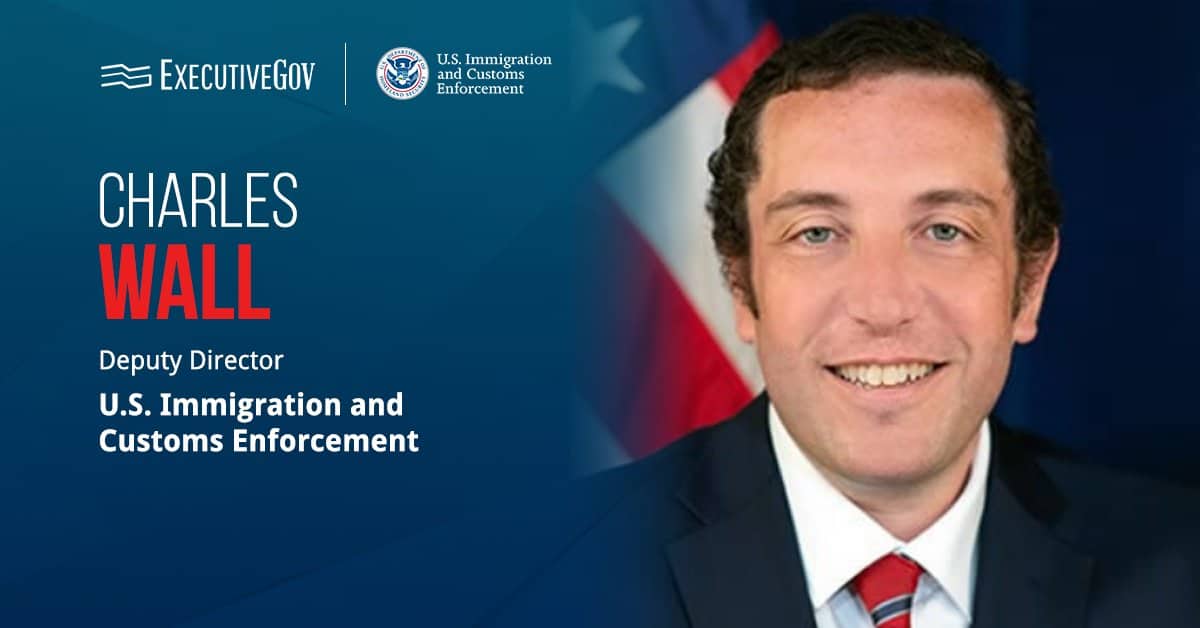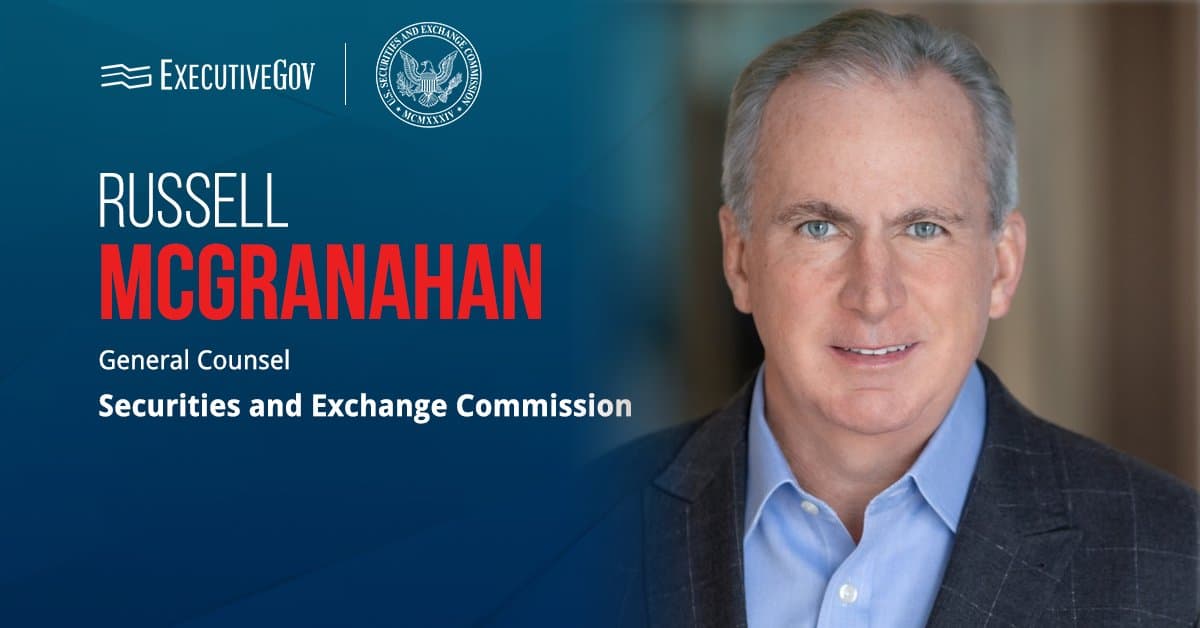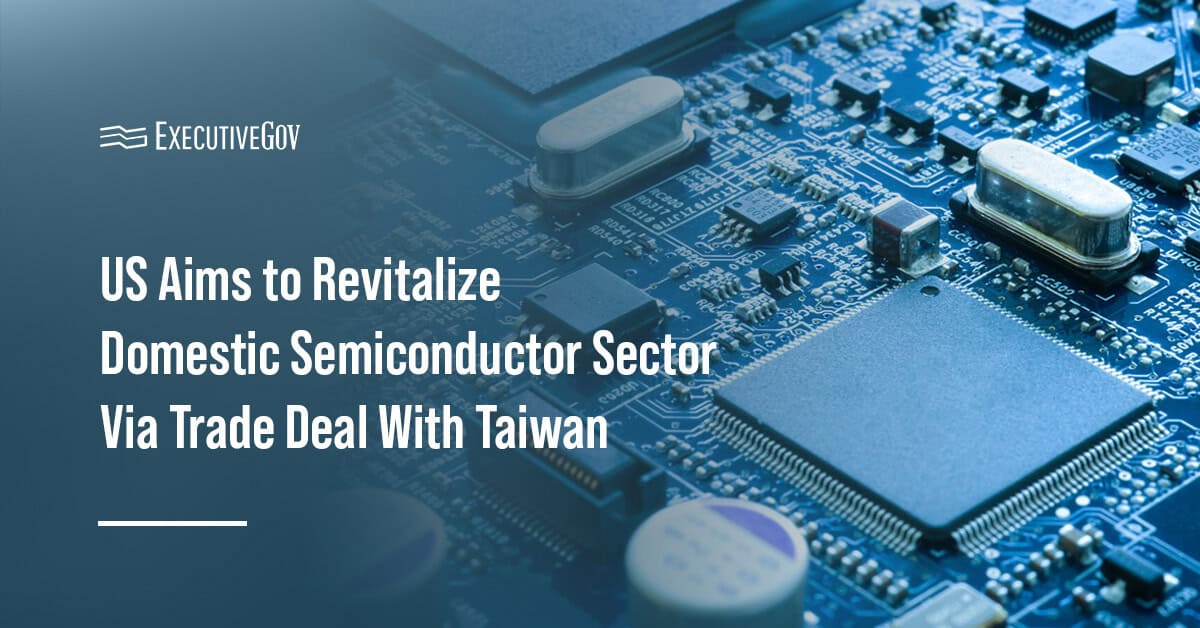The National Security Agency and Morgan State University have partnered to detect cyber vulnerabilities in modern vehicles.
NSA said Friday its Ghidra reverse-engineering tool helped the partnership identify these weaknesses, as part of the agency's larger effort to demonstrate the tool.
Brian Knighton, a member of NSA’s Ghidra Team, said the critical systems and sensor-gathered data of a vehicle are surrounded by privacy risks if not protected by cybersecurity.
Knighton said vehicles are now within the internet of things, where vendor-based security is only provided for about five years. Vehicles, in contrast, require long-term security.
Kevin Kornegay, who leads Morgan State University’s Cybersecurity Assurance and Policy Center, said IoT technology presents risks related to privacy, malware, geolocation and cybersecurity.
“This research project leverages our core competency in hardware reverse engineering,” Kornegay said.





